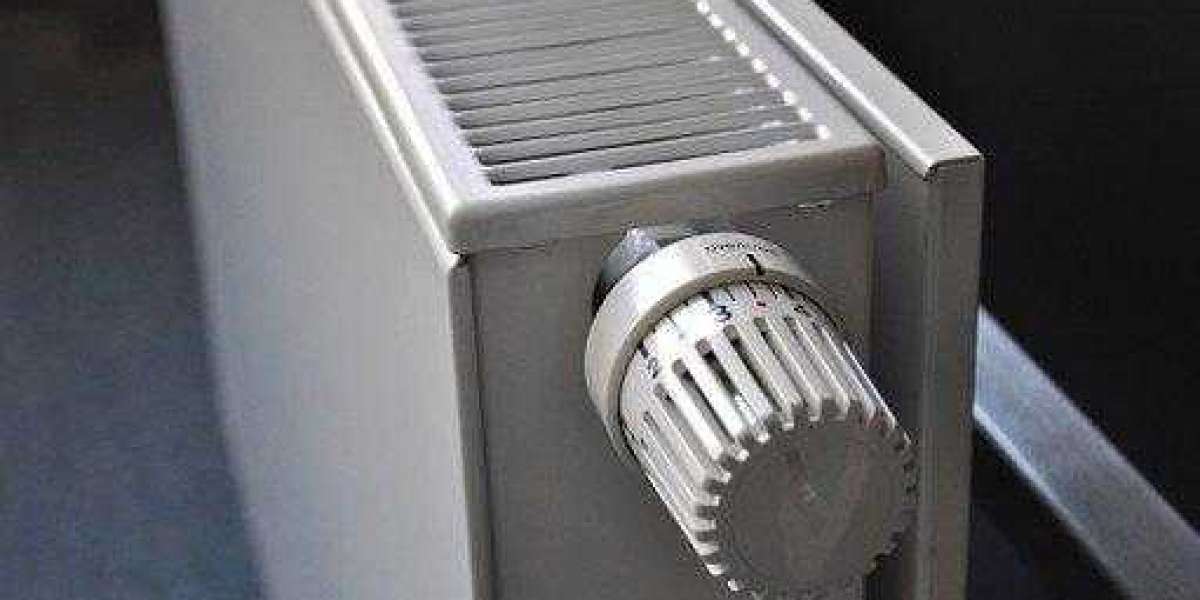
Indiana Vasectomy is a surgical procedure that involves cutting or blocking the vas deferens, the tubes that carry sperm from the testicles to the urethra. This procedure is a permanent form of contraception that is becoming increasingly popular among men who have completed their families or who do not wish to have children.
What iS Indiana Vasectomy:
In Indiana, vasectomy is a safe and effective procedure that is performed by qualified urologists and surgeons. If you are considering vasectomy as a form of contraception, this article will provide you with everything you need to know about Indiana vasectomy.
How is Vasectomy Performed in Indiana?
Vasectomy is typically performed under local anesthesia, which means that you will be awake during the procedure but will not feel any pain. The surgeon will make two small incisions in the scrotum and cut or block the vas deferens, which prevents sperm from being ejaculated during sexual intercourse.
There are two main techniques used to perform vasectomy in Indiana: conventional vasectomy and no-scalpel vasectomy. Conventional vasectomy involves making two small incisions in the scrotum with a scalpel, while no-scalpel vasectomy involves using a specialized instrument to puncture the skin and access the vas deferens.
Both techniques are equally effective and safe, and the choice of technique depends on the surgeon's preference and expertise. Your surgeon will discuss the options with you and recommend the best technique based on your individual needs and preferences.
Is Vasectomy Reversible in Indiana?
Vasectomy is considered a permanent form of contraception, but it is possible to reverse the procedure in some cases. Vasectomy reversal involves reconnecting the severed ends of the vas deferens, which allows sperm to flow through the tubes and be ejaculated during sexual intercourse.
However, vasectomy reversal is not always successful, and the success rate depends on various factors, such as the length of time since the vasectomy was performed, the technique used, and the presence of scar tissue or other complications.
In Indiana, vasectomy reversal is performed by qualified urologists and surgeons who specialize in male fertility. If you are considering vasectomy reversal, it is important to consult with an experienced specialist who can evaluate your individual situation and recommend the best course of action.
What are the Benefits of Vasectomy in Indiana?
Vasectomy is a safe, effective, and permanent form of contraception that offers several benefits over other forms of birth control, such as hormonal contraceptives, condoms, or intrauterine devices (IUDs).
One of the main benefits of vasectomy is its high effectiveness rate, which is over 99% in preventing pregnancy. Unlike other forms of contraception, vasectomy does not rely on user compliance or daily adherence, which reduces the risk of failure.
Vasectomy is also a low-maintenance form of contraception that does not require ongoing costs or visits to the doctor, as is the case with hormonal contraceptives or IUDs. Once the procedure is performed, you can enjoy long-term contraception without worrying about contraception.
Another benefit of vasectomy is its safety and minimal invasiveness. Vasectomy is a minor surgical procedure that is performed under local anesthesia and takes less than 30 minutes to complete. The recovery time is also minimal, and most men can resume their normal activities within a few days after the procedure.
Finally, vasectomy can offer psychological benefits for men who wish to take control of their fertility and have a greater sense of responsibility in family planning. Vasectomy can also reduce anxiety or fear of unintended pregnancy, which can improve sexual satisfaction and quality of life.
Is Vasectomy Covered by Insurance in Indiana?
In Indiana, vasectomy is typically covered by health insurance plans, including Medicaid. However, the coverage may vary depending on your insurance
Indiana Vasectomy How Its Work?
Indiana vasectomy is a surgical procedure that involves cutting or blocking the vas deferens, which are the tubes that carry sperm from the testicles to the urethra. By doing so, the sperm cannot mix with semen and be ejaculated during sexual intercourse, making the individual sterile and preventing pregnancy.
Indiana vasectomy is typically performed under local anesthesia, which means that the individual is awake during the procedure but does not feel any pain. The surgeon will make two small incisions in the scrotum and access the vas deferens through these incisions.
There are two main techniques used to perform Indiana vasectomy:
conventional vasectomy and no-scalpel vasectomy. Conventional vasectomy involves making two small incisions in the scrotum with a scalpel, while no-scalpel vasectomy involves using a specialized instrument to puncture the skin and access the vas deferens.
Once the vas deferens is accessed, the surgeon will cut or block the tubes using one of several methods, including:
Cutting and tying the vas deferens: This method involves cutting a small section of the vas deferens and tying the ends together with a suture.
Sealing the vas deferens with heat or electrocautery: This method involves using a heated instrument or electric current to seal the ends of the vas deferens.
Placing a clip or clamp on the vas deferens: This method involves placing a small clip or clamp on the vas deferens to block the flow of sperm.
After the procedure is completed, the surgeon will close the incisions with sutures or adhesive strips and provide instructions on post-operative care and recovery. Most men can resume their normal activities within a few days after the procedure, but it is important to avoid heavy lifting or strenuous exercise for a few weeks.

If you want to get amazing benefits by using this link
Conclusion:
It is important to note that vasectomy is a permanent form of contraception and should only be considered by individuals who have completed their families or do not wish to have children. Vasectomy reversal is possible in some cases, but it is not always successful, and the success rate depends on various factors.
In summary, Indiana vasectomy is a safe, effective, and permanent form of contraception that involves cutting or blocking the vas deferens to prevent the flow of sperm. The procedure is typically performed under local anesthesia and takes less than 30 minutes to complete. If you are considering Indiana vasectomy, it is important to consult with a qualified urologist or surgeon who can evaluate your individual situation and recommend the best course of action.





